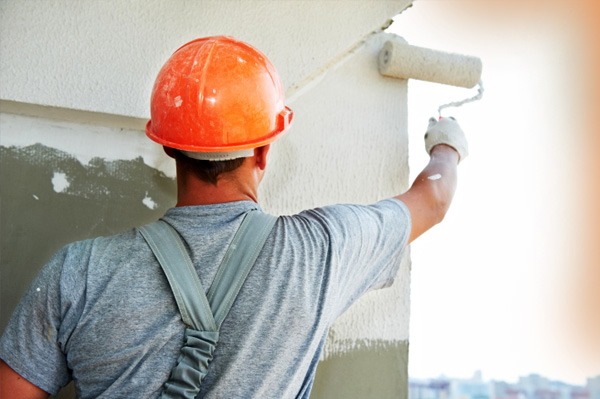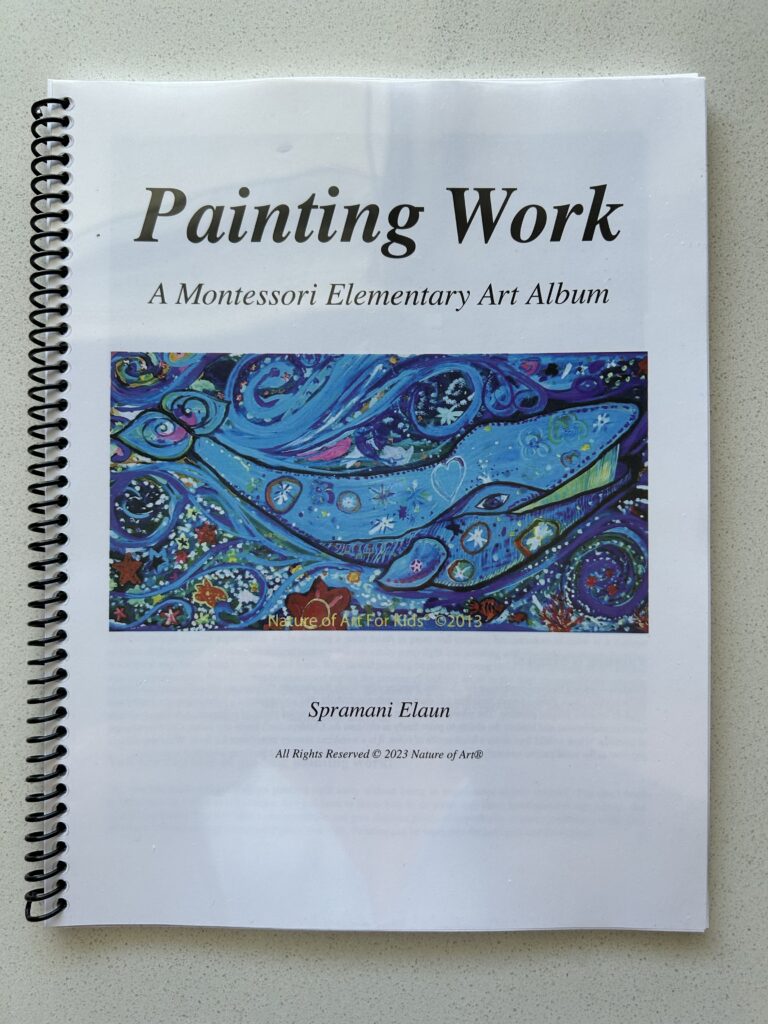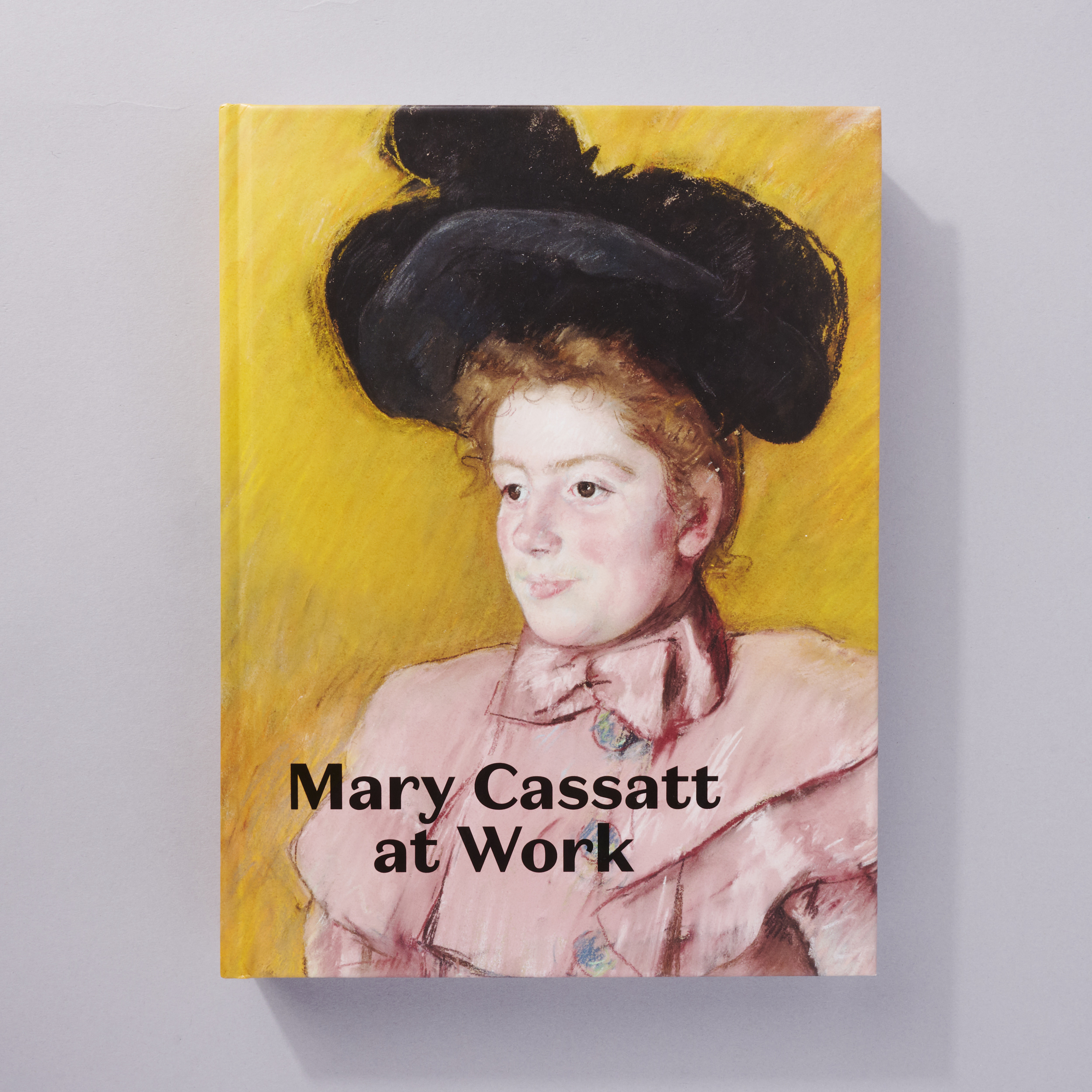The Amazing World of Painting
Imagine a blank canvas, a palette bursting with vibrant colors, and your hands ready to create magic. That's the feeling I get every time I pick up a brush. Painting isn't just about colors, though; it's about telling stories, feeling emotions, and connecting with something bigger than ourselves.
Getting Started with Paint: A Beginner's Guide
What do you need?
- Brushes (different sizes and shapes)
- Paint (acrylic, watercolor, oil – choose your adventure!)
- Canvas or paper
- Palette
- Water (or thinner for oils)
Important Tips for Newbies
- Start simple. Don't try to be Picasso on day one.
- Experiment with different techniques.
- Have fun! This is all about joy. ("Keep it simple, stupid" is another great slogan.)
Different Kinds of Painting

Source: britishglasses.com
- Acrylic: Fast drying, great for beginners.
- Watercolor: Beautiful washes and translucent effects. (Needs more practice, for sure).
- Oil: Smooth finish and a wonderful way to build layers.
My Painting Journey – A Personal Review
I've been hooked on painting for a while. (Not too long but long enough to say!)
My first painting was a landscape. It didn't look much like the real one, honestly, more like a child's drawing. But my friends loved it and said it had its charm! That made me excited.
First Impressions – Lessons Learned
I found watercolor challenging in the beginning (like many people probably did) but also, incredibly rewarding. Acrylic was smoother, the outcome was faster (yes, fast and beautiful). My first experience (very first) made me excited and also gave me courage for more paintings! I would highly recommend that everyone who loves colors and has passion for something gives it a try – a really quick one. It can bring peace to your heart and also brings confidence.

Source: com.pk
Expert Insights and Inspiration
A fellow painter I met mentioned the importance of observation. He suggested: "You can't capture the beauty of something if you're not paying attention to its details". (I've found this extremely useful.) It sounds so simple, but that made all the difference! I really try to watch closely.
Practical Tips from a Senior Artist
| Tip | Explanation |
|---|---|
| Start small | A small painting will take less time and effort. Easier to finish a simple piece than a gigantic one. |
| Learn brushstrokes | Learn new strokes, you can use it to represent shapes and details beautifully. |
| Color theory | It helps understand how colors work together to create various effects. |
| Observe your surroundings | Nature's beauty or things in your everyday life can inspire you a lot. |
Common Mistakes & How to Avoid Them

Source: ecokidsart.com
- Don't be afraid to make mistakes, learning from them is essential.
- Use a variety of brushes. It's easier to achieve what you're aiming for when you have different tools for the job.
- Take your time. Rushing makes things harder. It ruins the pleasure in creativity and artistry.

Source: bigcommerce.com
Painting: It's More Than Just Art – Finding Personal Connection
"A painting isn't complete unless the person that creates it has put their heart into it" (That's my opinion!).
I feel more connected with my feelings and experiences every time I pick up my brushes and paint something on canvas or paper. Painting is not just creating an artwork, it's connecting with my inner self in a deeper way. What do you feel when you paint? This is a serious question, which deserves serious thought. This might be just about enjoying painting.
Other Artist Reviews
Mary: "Painting helped me deal with my anxiety and I believe it helped so many others also."
John: "For me painting brings an element of calmness and tranquility."

Source: bigcommerce.com
Emily: "It's all about finding what brings you joy."
FAQ: Painting 101
Q: What are my painting goals?
A: Define what you want from this activity. Is it relaxation? Creating a masterpiece? Connecting with people? Having the feeling you just accomplished something? There are different reasons, different tastes.
Q: Should I get all painting stuff immediately?
A: Start small! Purchase a few brushes, a canvas (a very basic one!), paints of a color you prefer first (it's great if your friends have got extra or spare ones – or family). Don't feel that pressure! Start little and build gradually – even one color is enough for the initial start!
Q: How long should I paint?
A: There's no fixed answer, really. Painting is a good hobby, you can spend an hour to a few hours, however long you feel good with it! Start with the smallest and try the medium or longer duration, as you learn, more importantly, learn the techniques, understand your emotions – all in your process of art. That's the way to grow, for your peace.
Conclusion – Embark on Your Painting Adventure
Start small, create, experiment, observe and discover the power of colors and techniques. Just keep your mind focused and enjoy the entire journey of bringing a part of you onto a canvas (a great way to see another side of your personality!).
